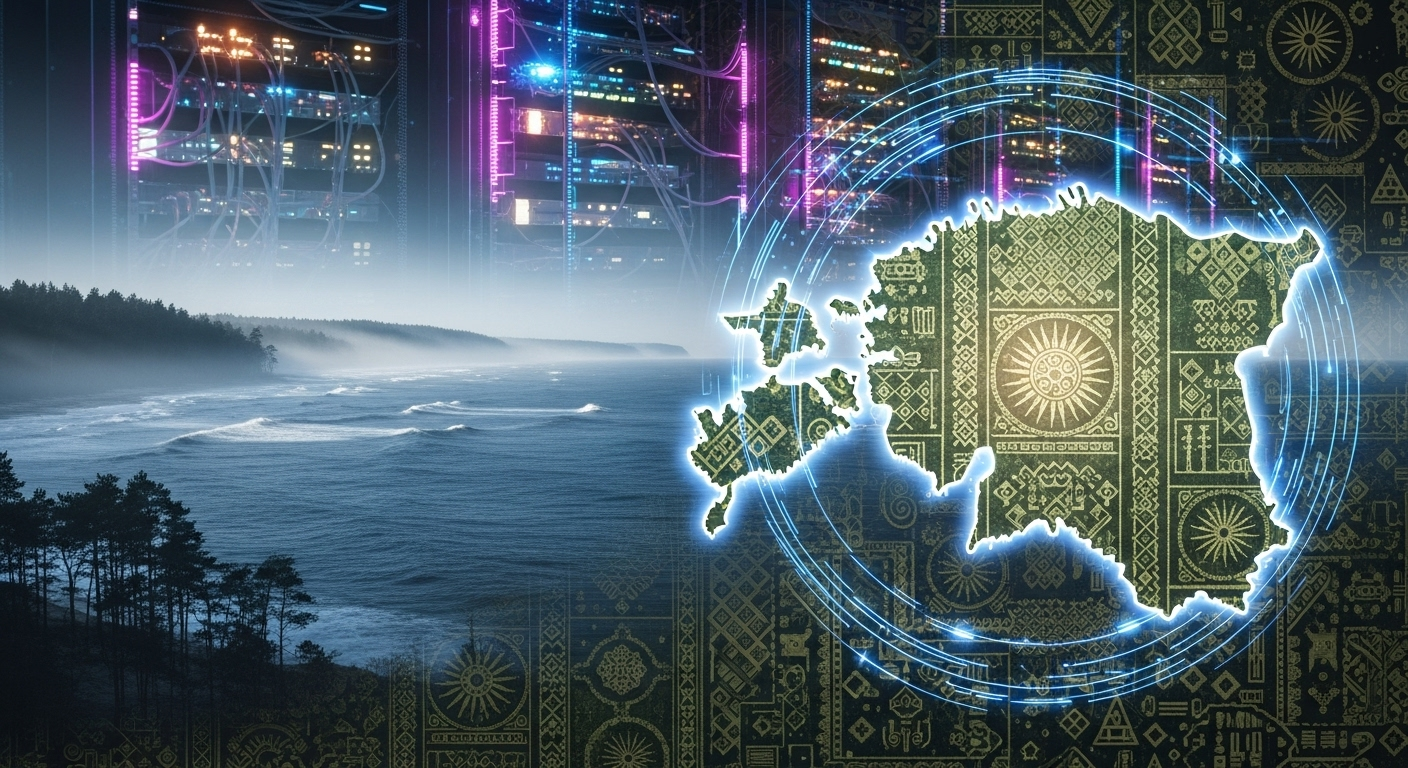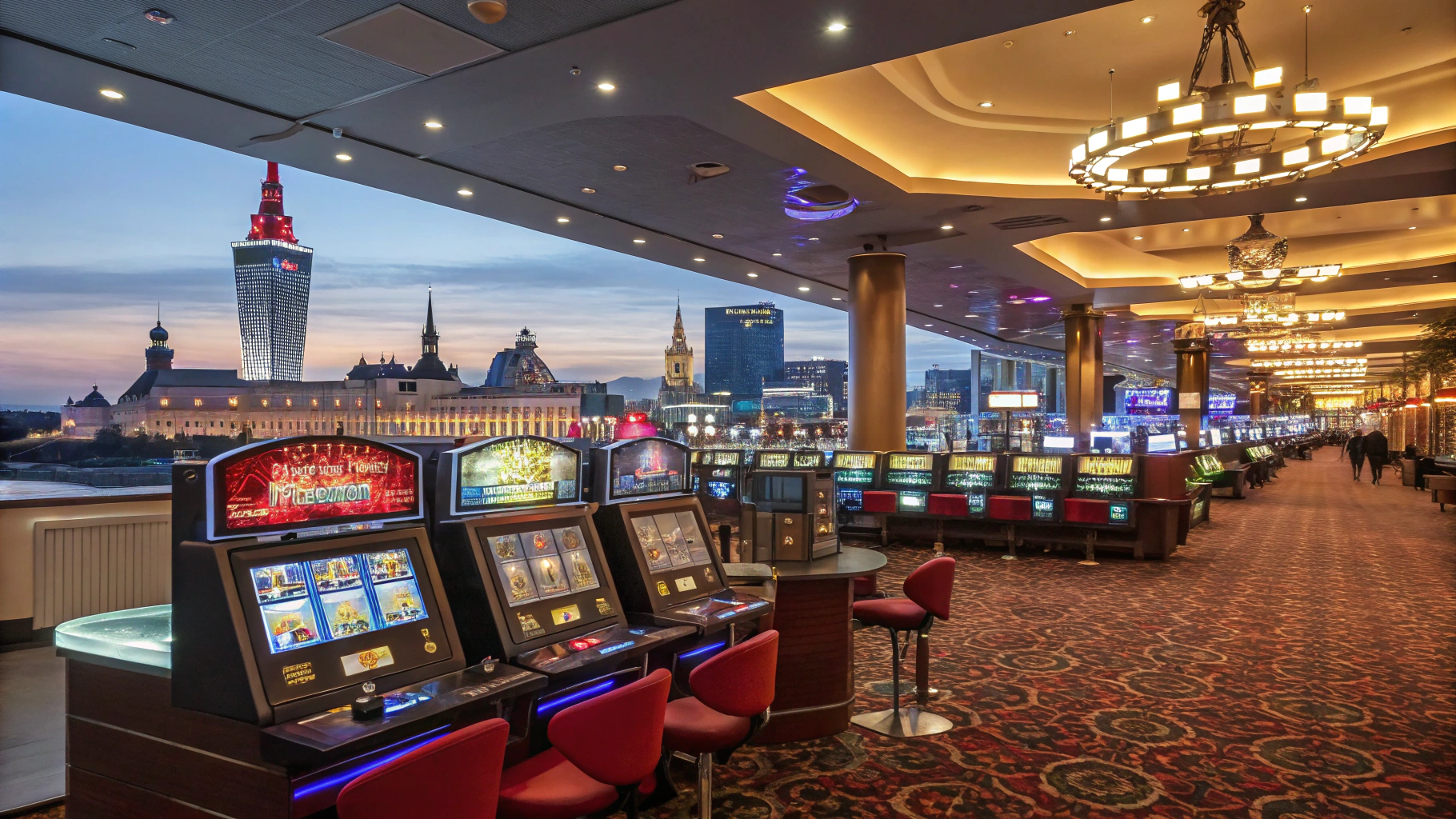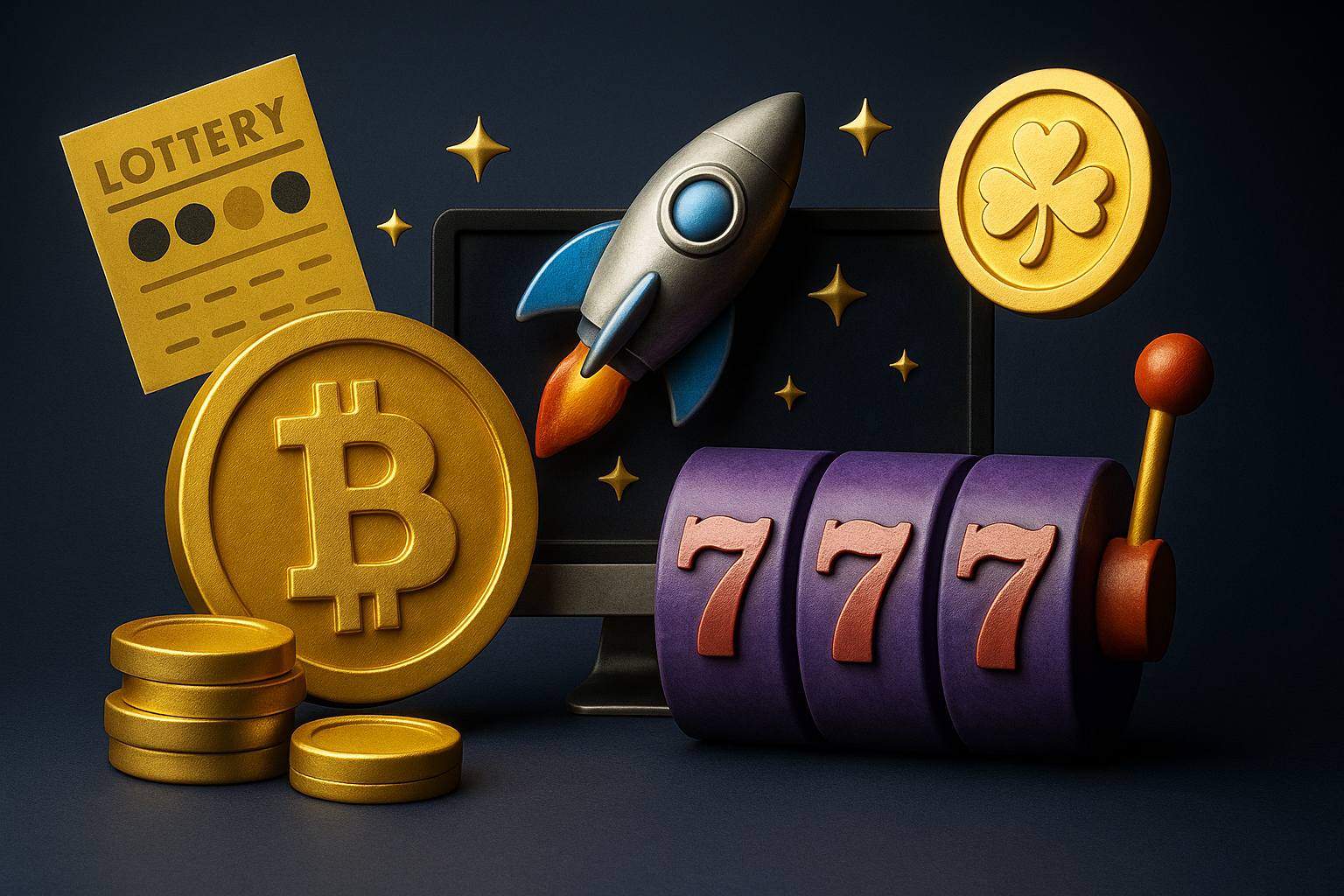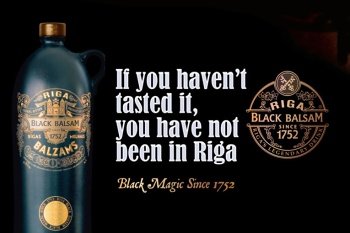Quick choices, sharp reflexes and a surge of suspense, crash games are redefining online play across Estonia, Latvia and Lithuania. Built for short attention spans and fast digital lifestyles, they’ve become more than just casino games; they mirror how the Baltic region approaches risk, timing and modern entertainment.
Scroll through an online casino today and you’ll see it: a minimalist graph climbing higher by the second. You watch, wait and decide when to cash out before it all crashes. That’s the essence of crash gaming, which takes the Baltic states by storm.
In Estonia, Latvia and Lithuania, where digital confidence and mobile-first habits define everyday life, quick, high-stakes fun feels natural. These real-time games combine speed with strategy, offering a fast yet thoughtful way to play that aligns with how people in the Baltics live and think.
They’ve transformed the casino floor into something that feels alive, a test of nerve rather than patience.
Why Crash Games Fit the Baltic Lifestyle
The growing popularity of Crash Gaming is no accident, either. It resonates directly with the mindset that has made the Baltic states what they are: free, precise and agile. The Baltic states were leaders in embracing digital identifiers, governance and businesses online and that spirit carries forward in Crash Gaming, too.
Variables in the Baltics emphasize control. Contrary to other slots or roulette, in the Crash scenario, the gamer has options restored to them.
It’s their decision when to pull back and when to proceed, as well as how the risk will favor them. This is, again, reflective of controlling factors in Estonia, a country that likes to believe its interaction can also be intelligent and self-directed.
Then, of course, the appeal of simplicity comes along. You don’t have to learn any symbols or study the mechanics that accompany it. With mere seconds, you can participate in a round, whether from home in Vilnius or a café in Tallinn. This is clearly a beautiful combination for players who value efficiency.
A Game of Nerve and Awareness
Crash games are as much about psychology as probability. Each round feels personal because the outcome depends on your timing. That critical second before the crash transforms the experience into a test of nerve and observation.
You start to notice patterns in your decisions, when to cash out, how much risk feels comfortable and how instinct competes with logic. It’s a subtle but powerful experience because it turns gambling into a mental exercise rather than a guessing game. Instead of relying solely on chance, players sharpen patience, focus and intuition.
For many Baltics, that element of strategic self-control is the hook. It’s thrilling without being mindless, rewarding without repetition. Each decision reveals something about confidence, restraint and awareness, lessons that feel as valuable as the game.
The Shift Toward Speed
The likes of Jackpot City Aviator, for instance, have popularized the ‘crash’ category. This indicates that the operators understand that player interest can’t remain stuck on traditional casino games.
Crash formats integrate harmoniously into everyday routines. This allows participants to temporarily interrupt a workday to play several matches, then log off without any problems. The Crash format allows for readily accessible flexibility and is easy to withdraw from and return to.
The flexibility resonates well in the Baltics, where citizens otherwise lead busy lives but enjoy quick entertainment fixes. Rather than spending four-hour periods playing, ‘crash’ games provide intense hits, focused bursts that cater to shorter attention spans.
They can be seen for what they are: an organic progression from traditional ‘slow’ games by offering quicker ‘sharp’ action.
The Social Edge
These games may look minimalist, but they’re naturally social. Many versions feature live chats where players react together, laughing, comparing cash-out moments or teasing each other when the line crashes early.
This sense of community adds depth. Instead of staring silently at a screen, you’re part of a collective rhythm, sharing real-time risk and excitement. Like live sports, everyone watches the same unpredictable outcome unfold, hoping to time it right.
Regional players, used to digital collaboration and online communities, connect easily with this dynamic. The chat isn’t background noise; it’s part of the thrill. You get the immediacy of competition without hostility, a friendly tension that keeps the experience human and engaging.
Responsible Play in the Fast Lane
The same qualities that make crash games exciting, speed, intensity and instant feedback, can also make them overwhelming if you’re not careful. That’s why responsible play isn’t a buzzword; it’s a habit worth building from the start.
Most licensed casinos across Estonia, Latvia and Lithuania, including Jackpot City Aviator, include features to help maintain balance. These tools track how long you’ve played or how much you’ve wagered, encouraging you to step back when needed.
A few simple principles make crash gaming healthier and more enjoyable:
- Set a time limit before you start. Short sessions keep focus sharp.
- Decide your budget and stick to it, no matter what happens.
- Pause after close calls. A short break resets perspective.
- Treat each round as entertainment, not an income source.
Crash games reward clarity. Once a gamer finds the experience is no longer enjoyable, it’s time to shut down the tab.
The Baltic Gaming Identity
In the Baltics, efficiency isn’t just a workplace value; it’s a cultural signature. People appreciate tools and experiences that respect their time. Crash formats follow that logic perfectly, offering high-impact entertainment without clutter or complexity.
But beyond efficiency lies emotion. That heartbeat of risk, the moment of hesitation before the crash, captures what entertainment should feel like.
You’re not just a spectator but an active participant in a shared, emotional pulse. That blend of intellect and impulse explains why this genre resonates across generations, from young professionals in Riga to veteran players in Tallinn.
The format also reflects a broader shift toward interactive, short-form engagement. Just as social media changed how people connect, crash games reflect how they now prefer to play: fast, focused and emotionally charged.
The Road Ahead for Online Play
The success of Crash gaming also whispers a transformation in the entertainment sector in the Baltics. With instant formats appealing to gamers, online casinos are developing new interfaces and unique versions for entertaining play.
Classic casino games will not disappear; they will coexist. Of course, some players appreciate the strategic, more passive type, but for many people, the attraction is the fast-paced nature of a crash-style experience. This phenomenon also applies to all kinds of media.
With strong local regulation, sound frameworks for responsible gaming and an internet-savvy population, the Baltics are poised to lead this new wave. Games like Jackpot City Aviator demonstrate how flexibility and openness can make fast-paced betting enjoyable and viable.
For the Most Part
Crash games capture something deeply Baltic: the courage to act, the patience to wait, and the instinct to know when enough is enough. They’re not about luck so much as self-awareness, giving players a chance to test judgment in a space that feels alive.
In a world where attention is scarce and time moves fast, crash gaming offers something refreshing, a few seconds of pure focus that feels authentically human. Whether in Tallinn’s tech offices, Riga’s cafés or Vilnius’s living rooms, those heartbeats before the crash remind players what entertainment should do: challenge, thrill and connect.
























Comments